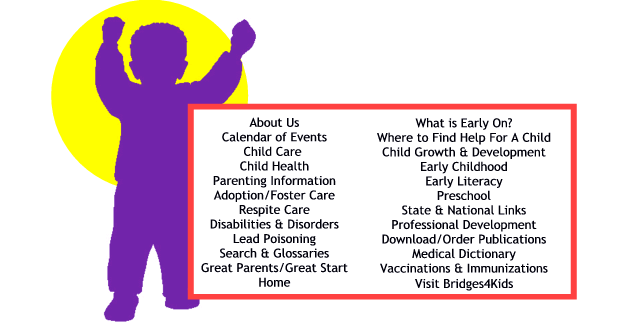|
Lansing State
Journal, September 20, 2004
Brussels, Belgium - European Union governments permanently banned
chemicals used to soften plastic from being used in toys, saying they are
harmful to young children who put toys in their mouths. The measure
outlaws the chemicals, known as phthalates. Editor note: the following
article does a good job of describing phthalates, the controversy over
them, and the scientific evidence available at the time (3-4 years ago)
the article was written, with the author ultimately concluding that the
evidence then available did not support a ban.
Phthalates and Human Health: Demystifying the Risks of
Plastic-softening Chemicals
By Kenneth
Green, D.Env.
Phthalates (usually pronounced thall-eights) render what would otherwise
be rigid plastic into flexible vinyl. Linking together individual
molecules of vinyl chloride produces solid polyvinyl chloride (PVC)
plastic. Without the addition of other chemicals, called plasticizers, PVC
is a hard, relatively inflexible plastic. If plasticizers are added before
the final product is made, a wide variety of softer plastics can be
produced from the vinyl chloride stock. Read entire article at
http://www.rppi.org/peg2.html#_Toc486670879.
|
